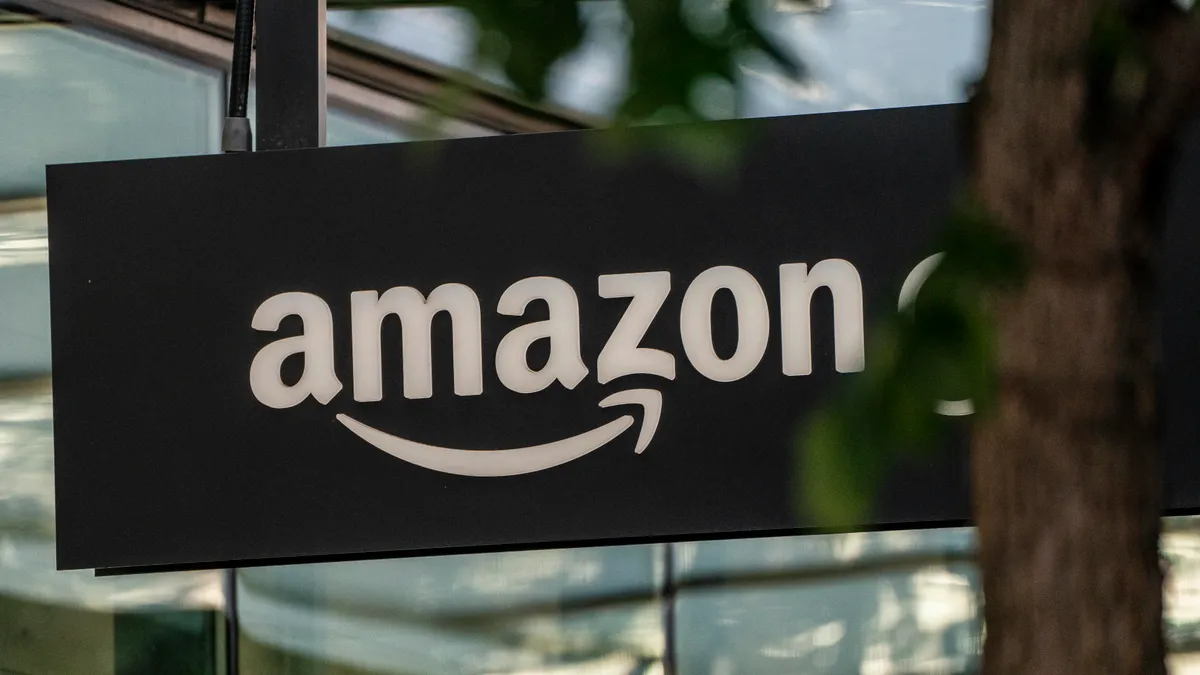Dive Brief:
- Benitago — a company that creates and acquires brands for growth on Amazon — filed for Chapter 11 bankruptcy Wednesday, according to court filings with the Southern District of New York.
- The company experienced "rapid growth" during the early stages of the COVID-19 pandemic. However, as consumer preferences shifted later on, Benitago experienced a “rapid and dramatic reversal of fortune due to macroeconomic forces” causing e-commerce growth to stagnate, according to a Thursday declaration filing from CEO and co-founder Santiago Nestares Lampo.
- Third-party brands Benitago acquired at the height of the pandemic using certain loans have “failed to perform at a level consistent with the valuations they were purchased at.” Filing for bankruptcy, the company hopes to right-size its business for the current market, potentially sell parts of its business and refocus on Organic brands (in-house developed brands).
Dive Insight:
Launched by Benedict Dohmen and Nesteras Lampo in 2015, Benitago’s bankruptcy indicates another casualty in e-commerce’s rapid growth and decline throughout the pandemic.
“Although the Debtors experienced steady profitable growth during their formative years and explosive growth during the early pandemic, by the beginning of 2022 it was apparent that such growth, and the capital structure that fueled it, was not sustainable,” Nesteras Lampo said. “Thus, a comprehensive restructuring is required.”
Since developing its first brand out of a dorm in Dartmouth College, the company now sells nearly 1,000 products across dozens of “hyper-optimized” brands focused on various categories including home goods, beauty, nutrition, maternity and more.
Benitago lists its estimated assets and liabilities between $50 million and $100 million. Additionally, the company appointed Thomas Studebaker from the advisory firm Portage Point Partners as its chief restructuring officer.
Benitago took on significant debt to fund the acquisition of Inorganic (or third-party developed brands), of which it owns “substantially all of the inventory” aside from a portion of inventory provided to wholly owned subsidiaries of its own subsidiary Acrux LLC.
Acrux and Acrux Subsidiaries collectively own the intellectual property related to 15 brands and sell more than 300 products. Meanwhile, Benitago owns the intellectual property for Amazon merchant accounts and inventory related to its in-house developed brands.
Through the bankruptcy proceedings, Benitago is financing the Acrux and Acrux Subsidiaries in order to allow them to continue operating without disruption “pending the conclusion of the sale process.”
Benitago’s brands are marketed and sold using Amazon’s Fulfillment By Amazon service, allowing it to outsource fulfillment operations.
The bankruptcy comes about two years after Benitago secured $325 million in a Series A funding round. The round was led by asset management firm CoVenture and included participation from HSBC U.K. Benitago had raised $55 million earlier that year, bringing its total funding to $380 million.
Benitago’s 2021 funding round occurred as investments poured into Amazon brand acquisition and incubator businesses. The same year, aggregator D1 Brands raised $123 million in a Series A that also included CoVenture, and Forum Brands raised $100 million in debt financing through a partnership with TriplePoint Capital.
















